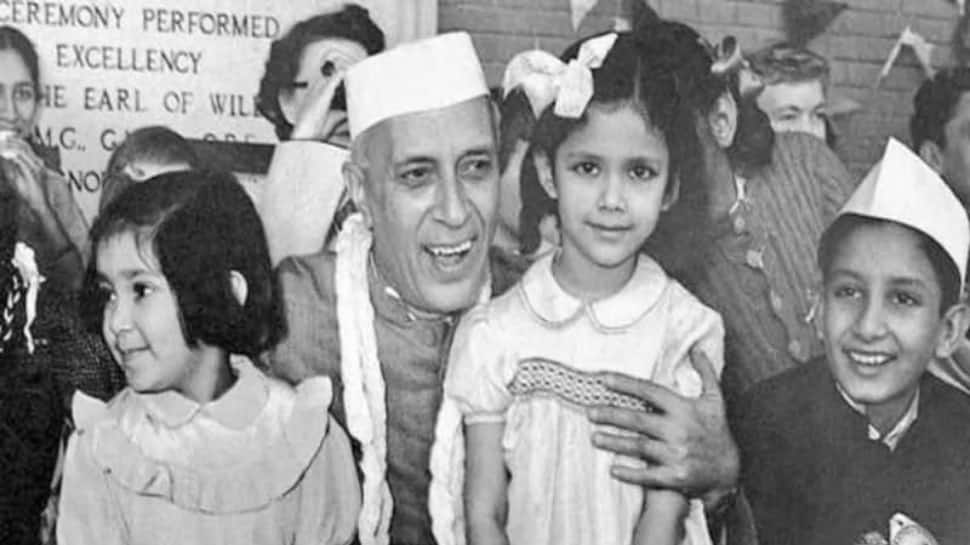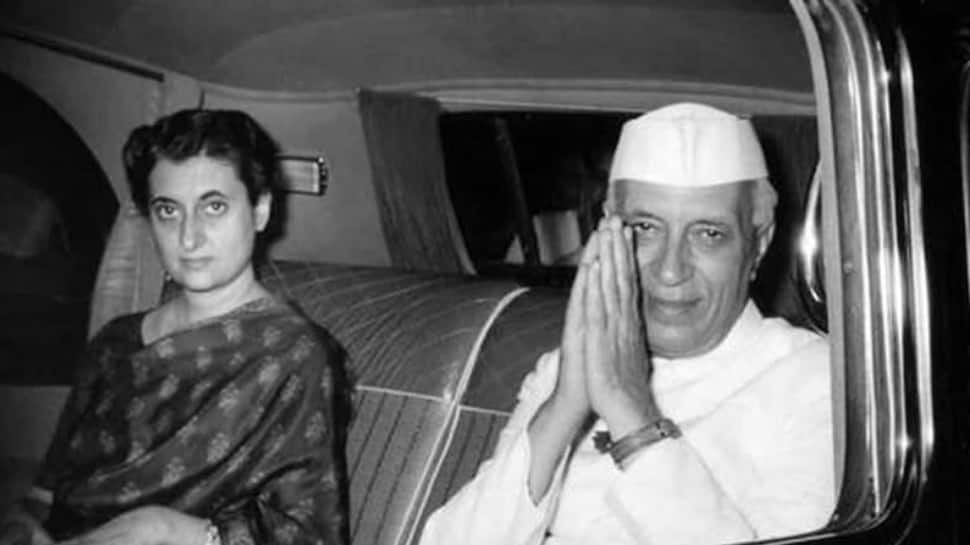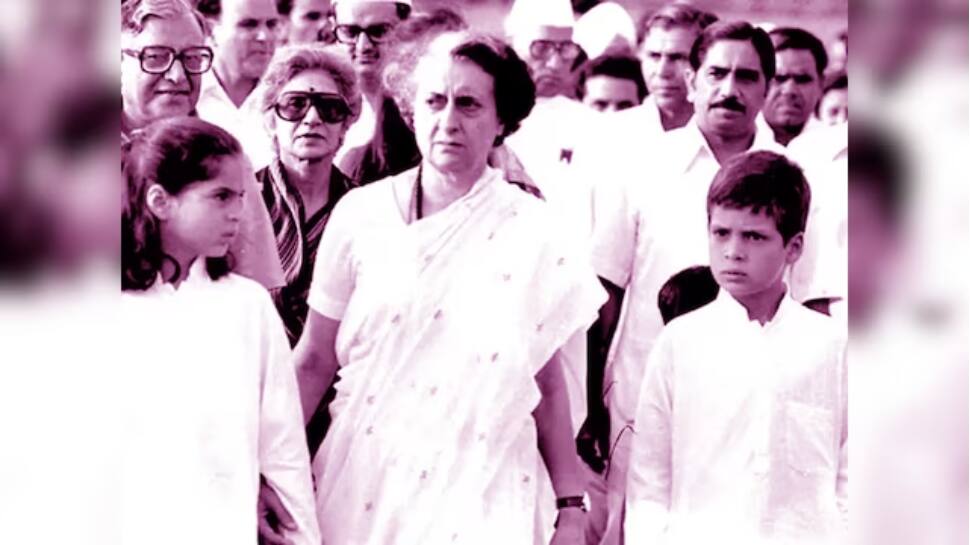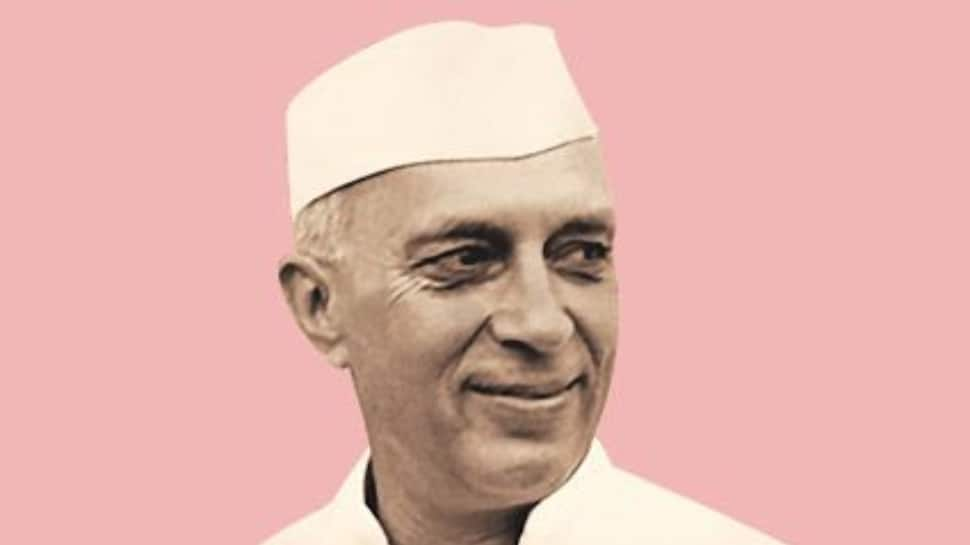6 Controversial 'Mistakes' India's 1st PM Jawaharlal Nehru Is Often Accused Of Committing
Jawaharlal Nehru, the first Prime Minister of independent India, is widely regarded as the architect of modern India. Nehru is also a controversial figure, who has faced criticism and opposition for some of his policies and decisions. Some of his actions have been seen as creating long-term problems and challenges for India. Here are six of them:
)
The Kashmir Issue

One of the most contentious issues that Nehru dealt with was the accession of the princely state of Kashmir to India in 1947, when it was invaded by Pakistani-backed tribal raiders. Nehru, who had a personal attachment to Kashmir, agreed to the suggestion of Lord Mountbatten, the last Viceroy of India, to refer the matter to the United Nations, instead of taking decisive military action to liberate the entire territory. He also promised a plebiscite to the people of Kashmir, which was never held. This resulted in the division of Kashmir between India and Pakistan, and the emergence of a chronic conflict that has claimed thousands of lives and strained bilateral relations ever since . His critics argue that he should have taken a firm stand and secured the whole of Kashmir for India, while his supporters contend that he acted in the best interests of peace and democracy.
The Socialist Path

Nehru’s economic policies were influenced by his socialist ideology and his admiration for the Soviet model. He favoured state control and planning over private enterprise and market forces. He imposed heavy regulations and restrictions on the private sector, and neglected the development of agriculture and social sectors. He also pursued a policy of import-substitution, which discouraged foreign trade and investment. These policies led to low growth, high inflation, chronic poverty and corruption . His critics argue that he stifled the entrepreneurial spirit and the potential of the Indian economy, while his supporters contend that he tried to create a self-reliant and egalitarian society.
The China Conflict

Nehru’s foreign policy was based on the principle of non-alignment, which aimed at maintaining friendly relations with all countries, especially the newly independent nations of Asia and Africa. He also sought to establish a special bond with China, based on the slogan of “Hindi-Chini bhai bhai” (Indians and Chinese are brothers). He ignored the warnings of his own intelligence and defence officials about China’s expansionist designs and aggression. He failed to respond effectively to China’s occupation of Tibet in 1950, and its claims over Indian territories in the north-east and the west. He also underestimated China’s military capabilities and preparedness. This resulted in the humiliating defeat of India in the 1962 war with China, which shattered Nehru’s image and morale . His critics argue that he was naive and complacent in dealing with China, while his supporters contend that he was a visionary and a peacemaker.
The Dynastic Trend

Nehru is often accused of promoting dynastic politics and nepotism in India. He groomed his daughter Indira Gandhi as his successor, and appointed her as the president of the Congress party in 1959. He also favoured his loyalists and relatives over merit and competence in key positions. He sidelined and alienated many of his colleagues and rivals, such as Sardar Vallabhbhai Patel, C. Rajagopalachari, Rajendra Prasad and Subhas Chandra Bose. He also failed to nurture a second line of leadership in the party and the government. His dynastic trend was continued by his daughter and grandson, who also became prime ministers of India, and by his great-grandson, who is the current leader of the Congress party. His critics argue that he undermined the democratic and meritocratic values of the country, while his supporters contend that he trusted and empowered his family and friends.
The Minority Policy

Nehru is also criticised for his policy of appeasing the minorities, especially the Muslims, at the cost of the majority community, the Hindus. He supported the demand for separate electorates and reservations for the Muslims before independence, which contributed to the partition of India. He also opposed the enactment of a uniform civil code, which would have ensured equal rights and justice for all citizens, irrespective of their religion. He also favoured the retention of the Muslim Personal Law, which discriminated against Muslim women. He also intervened in the affairs of Hindu temples and institutions, and allowed the state to take over their management and resources. His critics argue that he was biased and unfair to the Hindus, while his supporters contend that he was secular and tolerant to the Muslims.
The Security Lapse

Nehru is also blamed for neglecting the defence and security of the country. He did not pay adequate attention to the modernisation and expansion of the armed forces. He also did not invest enough in the development of nuclear and missile technology, which left India vulnerable to the threats from its neighbours, especially China and Pakistan. He also failed to create a strong intelligence network and a coherent security doctrine. He also ignored the rise of separatist and extremist movements in various parts of the country, such as the Naga insurgency, the Dravidian movement and the Naxalite uprising. His critics argue that he was weak and irresponsible in protecting the country, while his supporters contend that he was progressive and peaceful in pursuing the country’s interests.
Trending Photos








